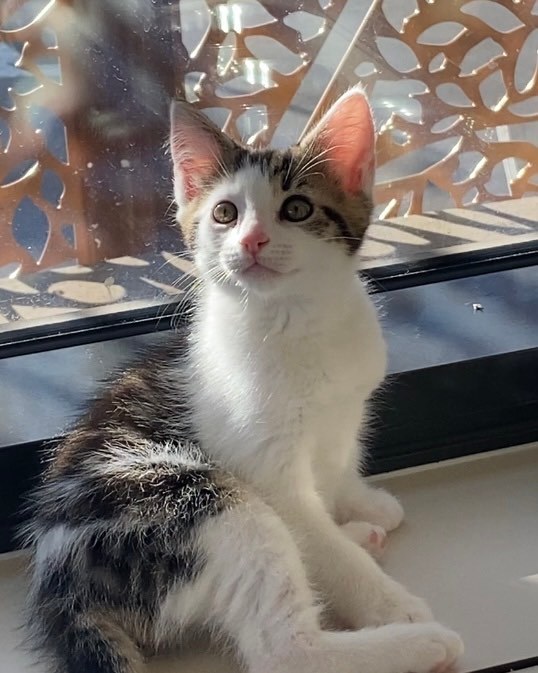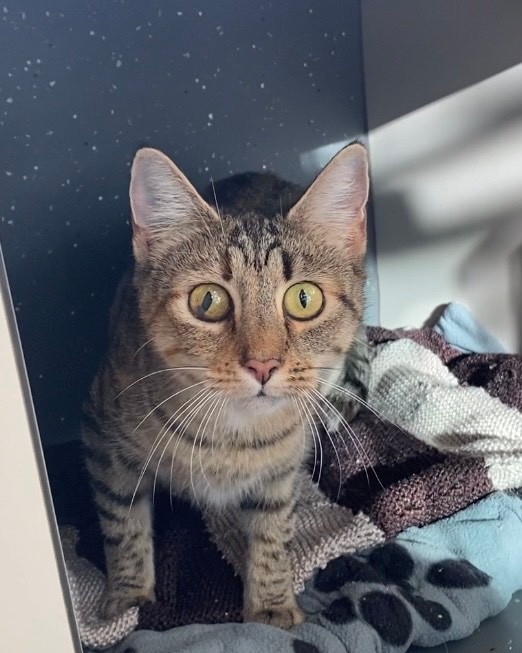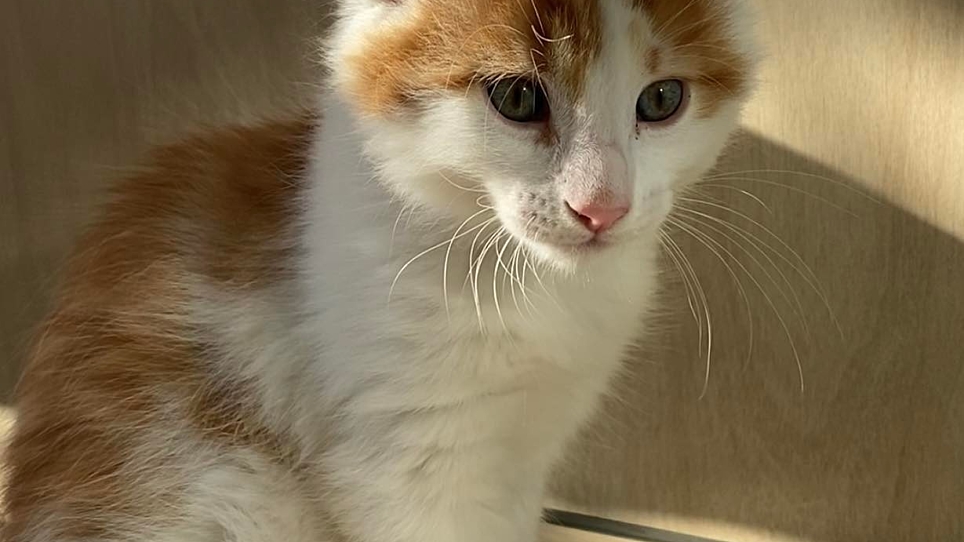Stray cats are quite common in South Australia. So common in fact, that you’ve probably seen one on your street fairly recently.
Four-year-old Sunny and her three-week-old kittens, Sweep and Sooty, are just three of the many stray animals that are brought to Animal Welfare League each week.
Sunny was in a bad way when she came into the shelter. She was found with her kittens in Wynn Vale and when she was checked by our vets we realised she had mastitis, which is an infection of the mammary gland.
Thankfully, the kittens were healthy when they were brought in - very loud and happy!

Thanks to the good samaritan who brought them in, the AWL vet team and the foster carer who took her in, Sunny made a full recovery and was able to keep raising her kittens.
Unfortunately, stories like these don’t always end in success. Because stray animals - especially cats and kittens - are so common, shelters like Animal Welfare League are struggling to house them all.
Every week we receive on average more than 110 animals. This leaves both of our shelters full every day of the year and we are having to find extra space daily for kittens brought into our care as a result of unwanted pregnancies.
That’s why it’s important to make sure your pets are desexed – that way, if they do roam, they won’t be adding to the stray animal population.
Fortunately, we were able to find room for Sunny and her kittens. However, there are so many other stray animals out there waiting for us to help them and animal shelters just don’t have the resources to house them all at once.
The more domesticated pets in the community that are desexed, the fewer stray animals we will see over time.
Please, make sure your pets are desexed and microchipped - it won’t just benefit your pet, it will also benefit animals in the community as well.

Sunny, Sweep and Sooty are foster care success stories
As we mentioned earlier, Sunny, Sweep and Sooty were able to make a full recovery in foster care. All three went to a very experienced foster carer who has looked after lots of mums and bubs in the past. The carer was able to administer all the necessary medication and check to make sure they were still happy and healthy. AWL foster carers are one of the most important parts of the rehoming process. We wouldn’t be able to save as many lives as we do without our amazing foster carers.
One of our foster carers, Susannah, said that being a foster carer is one of the most rewarding things she has ever done.
“I’ve always loved animals, and foster caring is a great way to help make a difference if you don’t have time to volunteer in other ways,” Susannah said.
“Watching them grow up and thinking about how they’ll make a family very happy one day is such a heartwarming feeling.”
Fostering a mum and her kittens while they grow up is a great way to start out as a foster carer. It’s like having a built-in babysitter for the kittens - you can take them in the nursing stage and mum will look after them, so you don’t have to do any bottle-feeding. Mum cats have a very special place in the hearts of foster carers - it’s magical to watch them raise their kittens from little jellybeans to fully-fledged mini-lions!
To find out more about being a foster carer and to apply to become part of the program, click here.
Desexing your pet is an important part of being a responsible pet owner and helping to control the stray cat population. Take the Pledge to desex your pet today.
